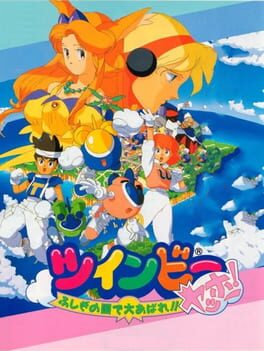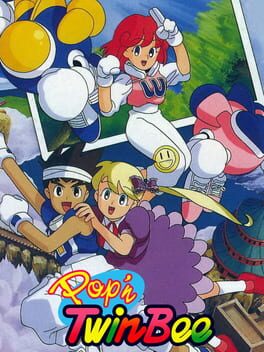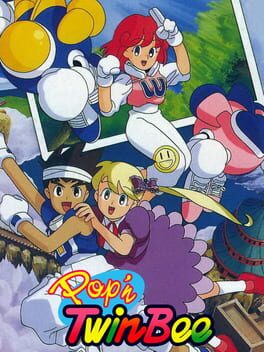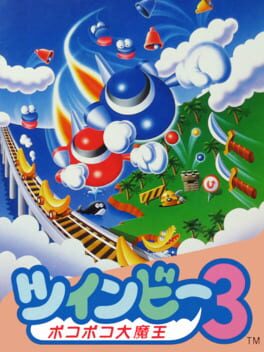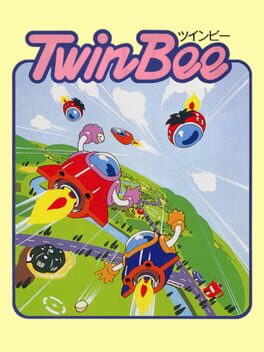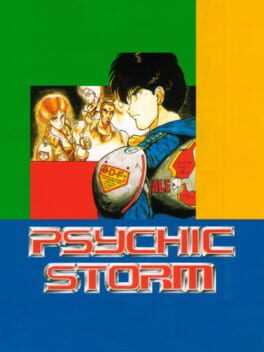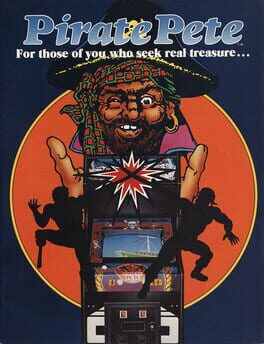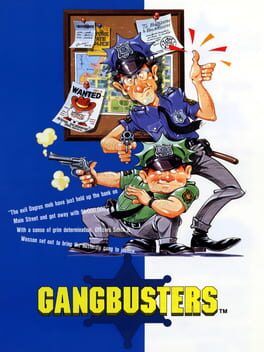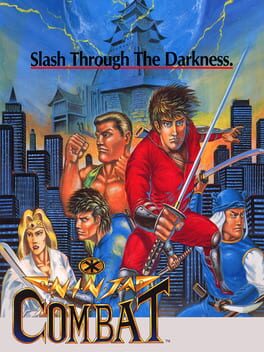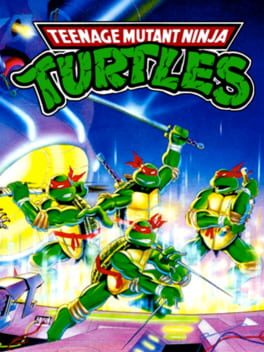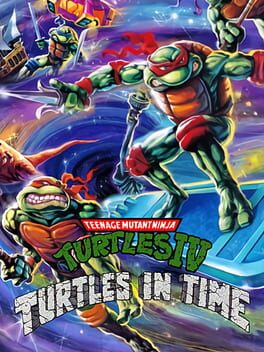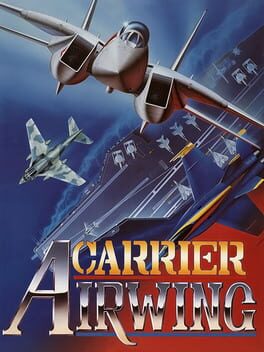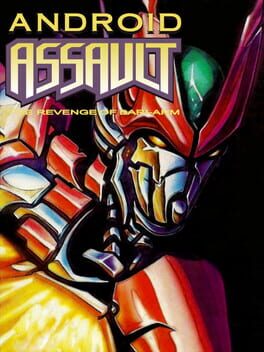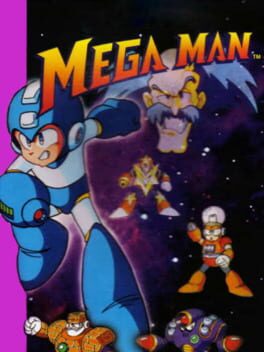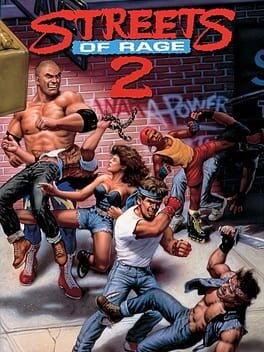Bottle
The final mainline Twinbee game, Yahho! is not just the best game in the series, but a perfect send-off for the franchise. Every issue I've seen leveled at the other Twinbee games, from the confusing power-up system to the poor weapon options, has been remedied here which when combined with the stellar presentation makes this one of the best-looking and feeling shmups of the 90s. It may be a little shorter than other games in the genre, but every moment is just sublime distilled FUN. It's absolutely criminal that this has not been given a proper western release. Play it now!
1990
1993
The third Twinbee game is the best so far; the awkward horizontal stages from Stinger have been removed allowing the true essence of what makes Twinbee appealing to be fully realized. Great graphics, Imaginative bosses, and a catchy soundtrack make this a Japanese-only release that is definitely worth a playthrough!
1985
Humble beginnings, the Xevious inspiration is clear but there are enough unique qualities here to set it apart. You're probably not going to pick this as your go-to unless you're an oldie but its cute, colourful, and simple mechanics make this an easy game to recommend for those interested in retro gaming.
1992
1982
This is the same game as Jungle Hunt for the 2600, but with a Pirate theme. The rounds go by pretty quickly, and it's fun to see how far you can go. Definitely a reflex game, you'll probably get tired of it pretty quickly but the quick-loop means you'll probably come back occasionally to beat your score if that's your sort of thing.
1988
I have to assume this was Konami's answer to games like Gun.Smoke, Commando and Ikari Warriors, but it doesn't do much to stand out. It's fine really, surprisingly more fair than I expected from a Konami arcade release of this vintage, the typical last level quarter-muncher notwithstanding. if ranked, It'd probably fall somewhere in the middle of Konami's arcade output for the time - It's clearly a trend-chaser rather than an innovator, which isn't necessarily a negative but you'd be forgiven for forgetting it exists; Konami sure did.
1990
This is a fascinating game, a real product of its time that would never happen now due to corporate control over licensed properties - It's definitely a rare case of the official product feeling like a bootleg. The game itself is pretty rough if ambitious, but as a product of its time, it's pretty wild to look back on and see how this Japanese team made their own spin on the Turtle brand.
1990
Capcom's stealth sequel to U.N. Squadron is rock solid if a little bland.
The 90s definitely saw some pretty rapid changes in the SHMUP genre which is probably why this one has become forgotten by most. It doesn't feel outdated by any means, but it also isn't very exciting which makes it hard to recommend over its contemporaries. Play if you enjoyed U.N. Squadron and/or are curious about Capcoms arcade history.
The 90s definitely saw some pretty rapid changes in the SHMUP genre which is probably why this one has become forgotten by most. It doesn't feel outdated by any means, but it also isn't very exciting which makes it hard to recommend over its contemporaries. Play if you enjoyed U.N. Squadron and/or are curious about Capcoms arcade history.
1995
1993
Was surprised to see that this 8-bit version has a decent reputation as I had a miserable time with it. For curiosity, after I finished I tried the Game Gear version and I soon realized why. If you're going to play this stay well away from the Master System version, I don't know exactly what happened but the team who ported it must've thought that proper hit detection was a recommendation rather than a necessity. I still don't think it's a great game however you play it but at least it isn't soul-crushing on Game Gear - you can do much better than this even with 8-bit hardware.
